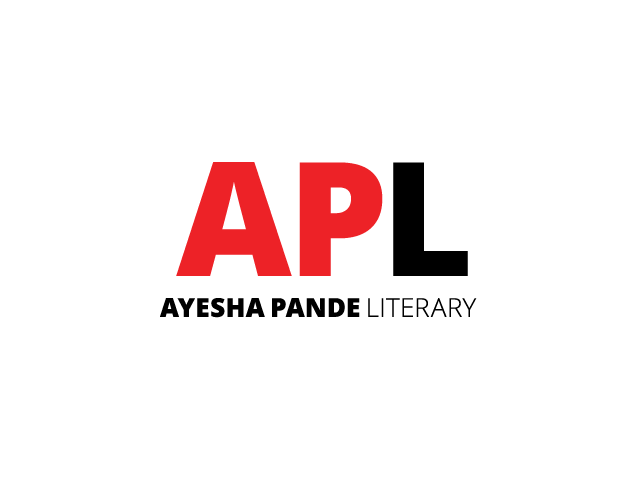Author photo by Yousuf Afridi
Humera Afridi
Author of
The Book of Secrets: The Extraordinary Life of World War II Heroine & Sufi Mystic Noor Inayat Khan (Pantheon, 2022)
Humera Afridi is a New York-based writer of Pakistani origin. She was a Fiction Fellow at the Writers Institute, CUNY Graduate Center. She holds an M.A. degree in Literary and Cultural Theory from Carnegie Mellon University and earned an M.F.A. in Creative Writing at New York University where she was the recipient of a New York Times Fellowship.
Humera earned her B.A. in English cum laude at Mount Holyoke College. In 2017, she received a New York Foundation for the Arts (NYFA) Fellowship in Nonfiction Literature and was selected as a named Gregory Millard Fellow. Her stories and essays have appeared in Granta, Guernica, The New York Times and the Journal of Postcolonial Writing amongst other publications.
Twitter / Represented by Ayesha Pande
BookS BY HUMERA
The Book of Secrets: The Extraordinary Life of World War II Heroine & Sufi Mystic Noor Inayat Khan (Pantheon, 2022)
The Book of Secrets is a beautifully rendered biography of Noor-un-nisa Inayat Khan, the first woman radio operator of the British Special Operations Executive (SOE) to be infiltrated behind enemy lines during World War II in German-occupied France. Daughter of Hazrat Inayat Khan, a classical Indian musician and Ora Ray Baker, an American, Noor was raised as a devout practitioner of mystical Sufism. She defied the conventions of her conservative upbringing to volunteer for Churchill’s Secret Army. Betrayed by a French double agent, she was taken prisoner by the Gestapo. Ultimately, she paid for her heroism with her life when she was tortured and killed at Dachau.
In the vein of Tom Reiss’s The Orientalist and Lynne Olson’s Madame Fourcade’s Secret War, The Book of Secrets is both an enthralling biography and a fascinating look at the cultural forces at play in early to mid-twentieth century Europe, specifically the mix of Orientalism and racism that defined the lives of Noor and her family, and the circumstances that inspired the recruitment of women in war work. It’s bound to appeal to anyone interested in World War II history and the French Resistance, in Sufi chivalry, and in the South Asian diaspora during World War II. Unlike other books on the subject, Humera Afridi, herself South Asian and a practitioner of Sufism, provides insight into Noor's story from a feminist perspective and from a Sufi perspective. She looks closely at not just Noor’s heroic feats during World War II, but her oeuvre as a writer and artist, and her identity as immigrant and citizen of the world, skillfully melding a thoroughly researched war story with mystical insights into Noor's character.


